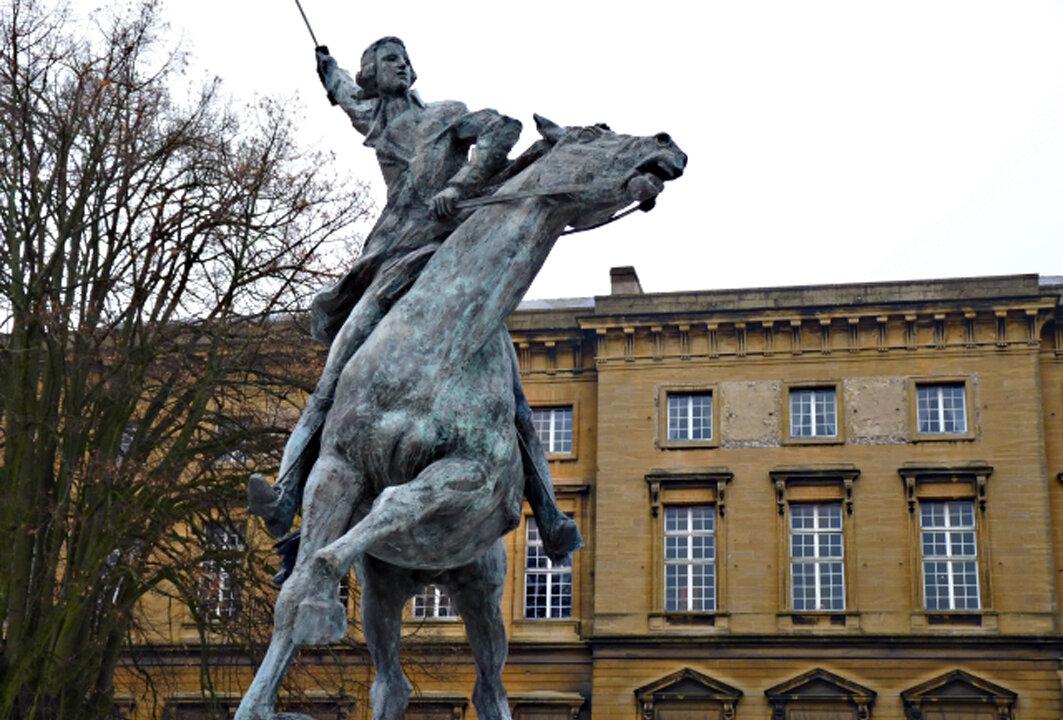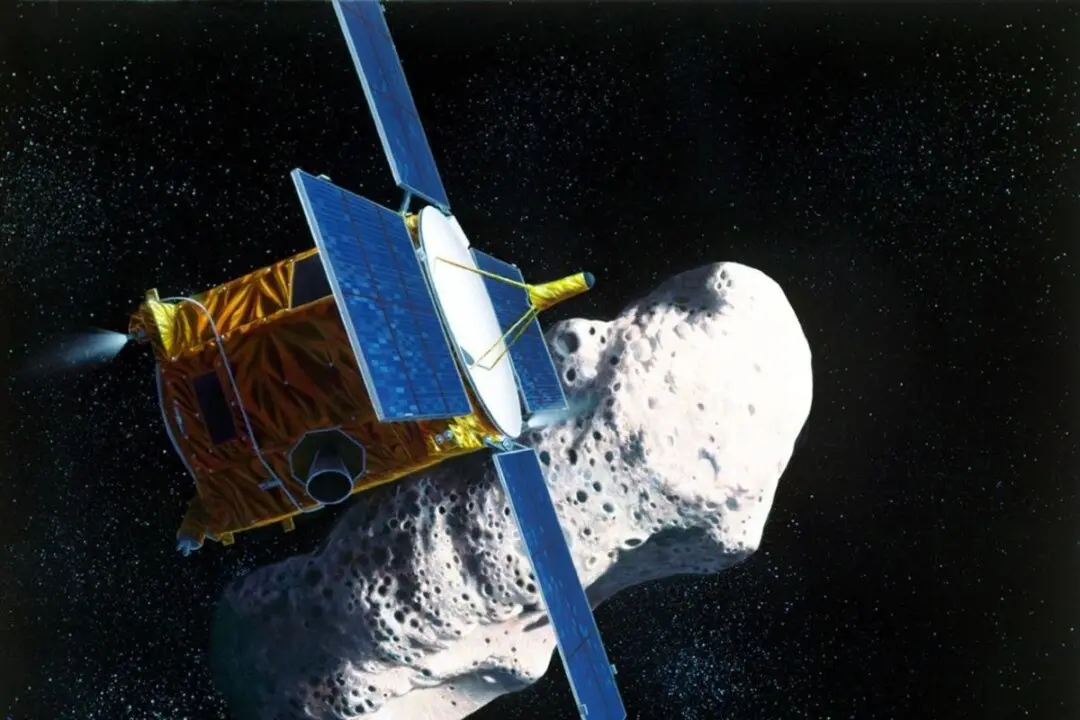Mike Duncan launched his first history podcast, “The History of Rome,” in 2007 when podcasting was relatively new but surging as a new medium. It is now a pillar in the history podcasting community. In 2013, he started his second podcast, “Revolutions”―undeniably a second pillar.
His in-depth research, required for creating such successful podcasts, has lent him the ability to successfully enter into another, much older, medium: books. Duncan’s second book, “Hero of Two Worlds: The Marquis de Lafayette in the Age of Revolution,” is a fine addition to the massive collection of American Revolution scholarship. In my opinion, it is a necessary addition.






